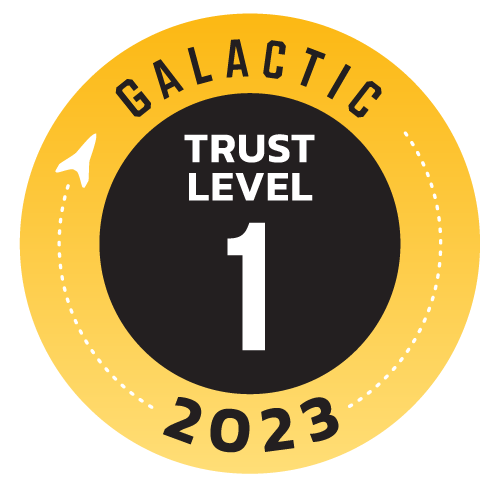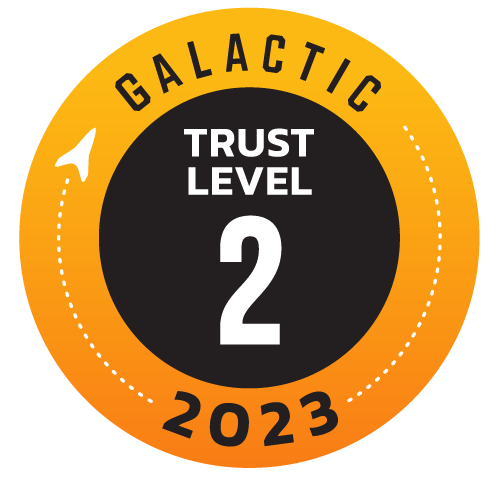

Whenever you stand in front of a group, big or small, your influence and effectiveness are on the line. Whenever you speak publicly, no matter the occasion, it offers people a chance to form an opinion of you and your leadership abilities. Here are four tips to ensure your success when it comes time for you to present your ideas.
- Have confidence in yourself.
- Relax!
- Keep it short and simple.
- Don’t just say it -– feel it!
Being a good public speaker doesn’t require magic or genius, but it does require a genuine desire to communicate well. Do you feel comfortable with the way you communicate with your friends, coworkers and family? If so, think of public speaking as an extension of the way you communicate every single day. The ease and confidence with which you talk every day is the same manner that you need to have when you are speaking in front of a room full of people. So, just remember: even if you’ve never given a speech, you’ve done this before!
Another way to build legitimate confidence is to prepare and practice. Your confidence will increase in direct proportion to how prepared you are to speak. The #1 reason most presenters bomb is a lack of preparation.
Don’t get overwhelmed. Be comfortable with who you are. The more your personality comes through, the more authentic the audience will find you. Your job isn’t to impress the audience with what they think of you, but to influence them to think or do something because of your message.
There was a time when people would listen attentively to speeches that were literally hours long. Those times, as you know, have passed. Now that there are so many ways to get information — TV, radio, print media, the Internet — live speeches need to be short, simple and memorable. Take a look at the Gettysburg Address. It is about 270 words long. The address also uses simple, single- syllable words and short sentences. This simplicity will make your speech easier to digest and harder to forget.
Your audience will know if you don’t believe in or care about what you’re saying. If you don’t believe what you’re saying, why should your audience believe it? If what you’re saying isn’t important to you, then how can you expect your audience to care?
You can tell a story or be the story. When you tell, you communicate what happened. When you are the story, you reexperience what happened. Your feelings will enliven your words and your description will become more memorable.









